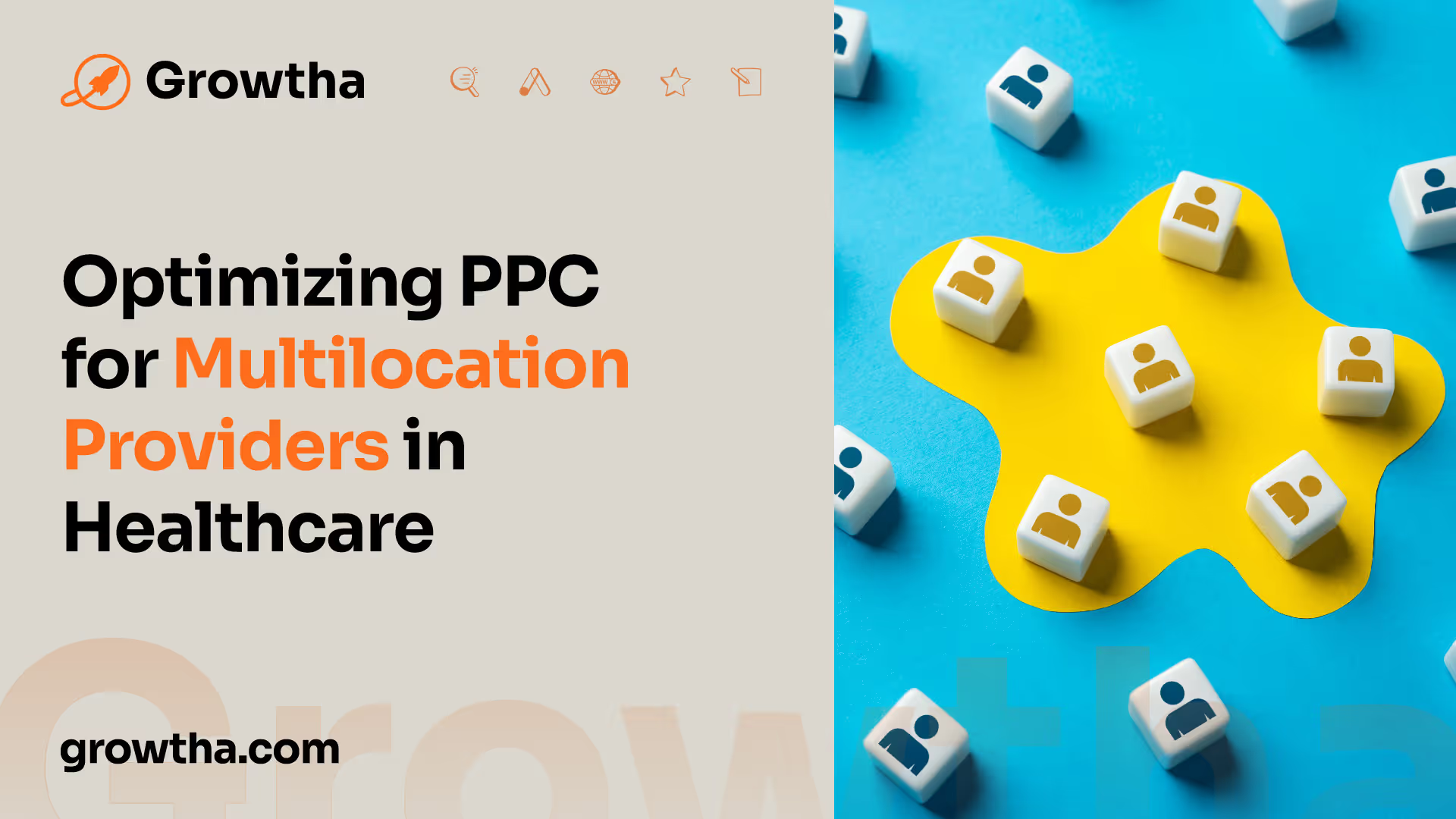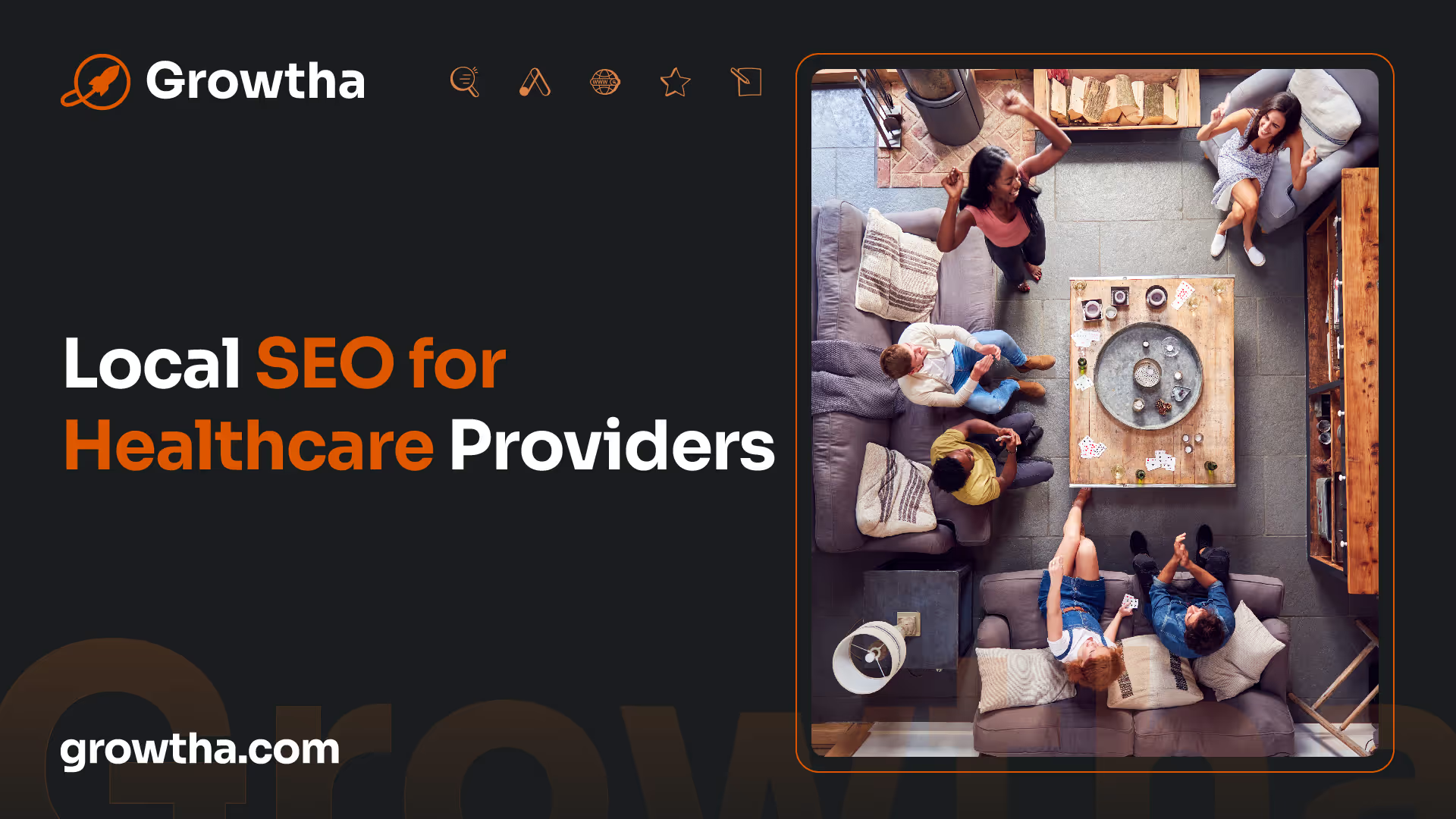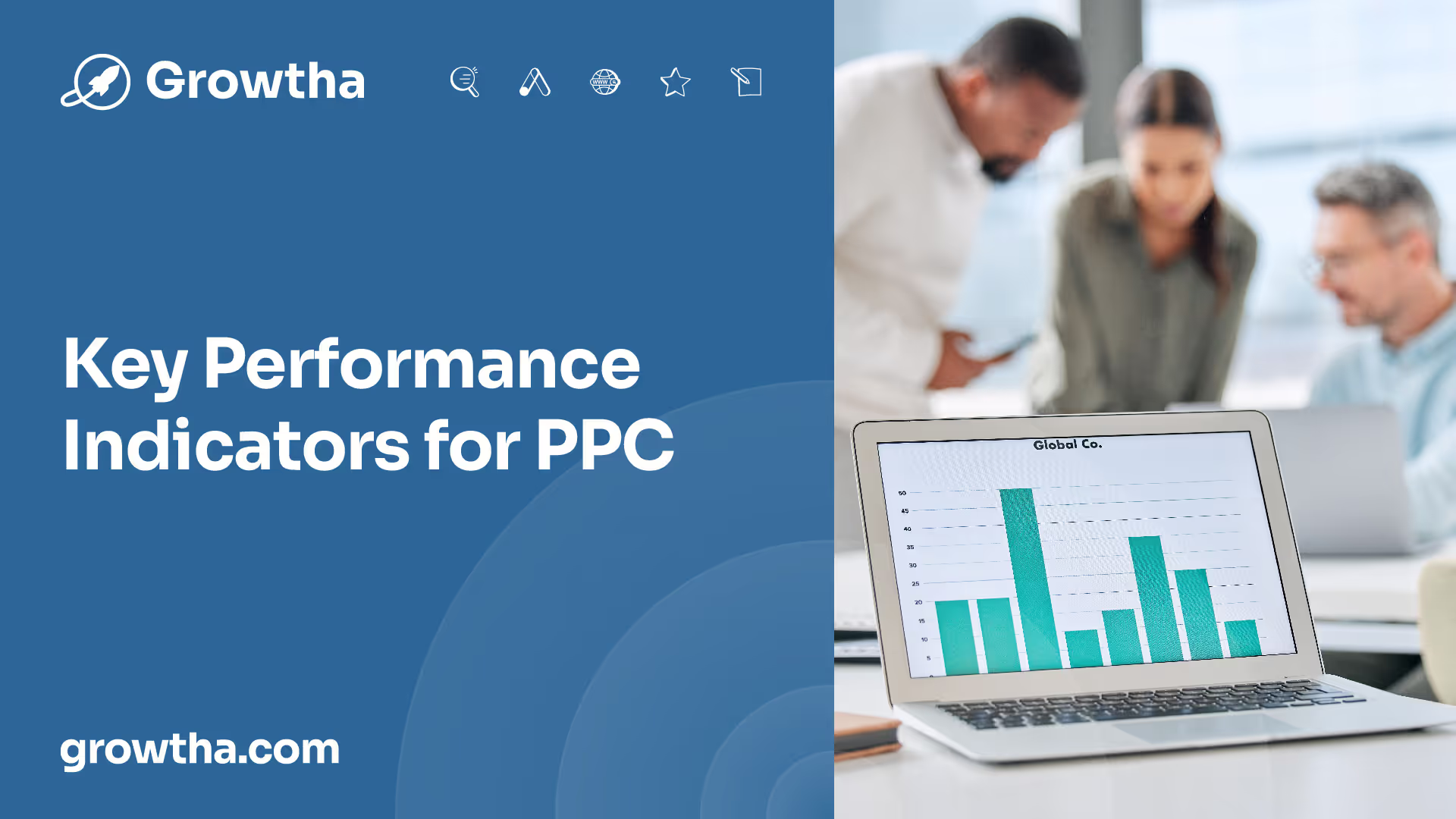Optimizing PPC for Multilocation Providers in Healthcare
Managing a PPC strategy for multiple locations can be complex and challenging, especially for organizations with numerous branches.


Optimizing PPC for Multilocation Providers in Healthcare
PPC Strategy for Multilocation Providers
When it comes to multilocation providers in the healthcare industry, implementing an effective PPC (pay-per-click) strategy is crucial. Managing a PPC strategy for multiple locations can be complex and challenging, especially for organizations with numerous branches. It requires tailoring strategies for each location and understanding the importance of custom digital marketing.
Tailoring Strategies for Each Location
Multilocation providers must consider the unique needs, competitive situation, and business objectives of each location when managing a PPC strategy. Strategies that work well for one location may not necessarily yield the same results for another. By tailoring the PPC approach to each specific location, providers can ensure that their digital marketing efforts are accurate and effective.
To tailor strategies for each location, it's important to conduct thorough research and analysis. This includes assessing local market conditions, understanding the target audience, and identifying the key competitors in each location. By gaining insights into the local landscape, providers can customize their PPC ads, keywords, and targeting to resonate with the specific audience and stand out from the competition.
Importance of Custom Digital Marketing
A one-size-fits-all approach in digital marketing is not suitable for multilocation providers in healthcare. Each location has its own unique characteristics and patient demographics, requiring a custom digital marketing strategy and budget. By developing custom strategies for each location, providers can maximize their visibility and reach in local markets.
Custom digital marketing allows multilocation providers to tailor their messaging, ad copy, and landing pages to address the specific needs and preferences of each location's target audience. This personalized approach enhances the relevance and effectiveness of PPC campaigns, resulting in higher click-through rates and conversion rates.
Furthermore, custom digital marketing enables multilocation providers to highlight the distinct advantages and services offered at each location. For example, if one location specializes in orthopedics while another focuses on dermatology, customizing the digital marketing efforts can effectively promote these unique offerings to the relevant audience.
By investing in custom digital marketing strategies for each location, multilocation providers can optimize their PPC campaigns and position themselves as the go-to healthcare providers in their respective local markets.
In order to successfully manage PPC for multilocation providers, it's essential to tailor strategies for each location and implement custom digital marketing approaches. By doing so, providers can optimize their PPC campaigns, enhance their visibility, and attract a steady flow of patients to each of their locations.

Local SEO for Healthcare Providers
In the realm of healthcare marketing, optimizing local SEO is of paramount importance for multilocation providers. Local SEO strategies aim to enhance visibility in search engine results and attract patients from the surrounding areas. By implementing effective local SEO tactics, healthcare providers can reach their target audience and establish a strong online presence.
Enhancing Local Visibility
To enhance local visibility, each location within a multilocation healthcare provider should have dedicated pages that provide comprehensive details about the specific location. These pages should include localized treatment and condition information to optimize for local searches. It is crucial to ensure that clear and accurate information about all locations is easily accessible to visitors. This helps search engines understand the relevance of each location for specific search queries, increasing the chances of appearing in local search results.
Optimizing the website's metadata, including meta titles and descriptions, with location-specific keywords can also contribute to improved local visibility. Additionally, ensuring consistent and accurate business information, such as name, address, and phone number (NAP), across various online directories and platforms can enhance local search visibility.
Attracting Local Patients
Attracting local patients requires a strategic approach that focuses on tailoring marketing efforts to the specific needs and preferences of the local audience. This can be achieved through various tactics, including:
- Localized Content: Creating localized content that addresses the concerns and interests of the local patient population can help attract and engage potential patients. This can include blog posts, articles, and patient stories that highlight the healthcare provider's expertise in addressing local healthcare needs.
- Online Reviews: Encouraging patients to leave positive reviews on platforms like Google My Business, Yelp, and Healthgrades can significantly impact the decision-making process of potential patients. Positive reviews can serve as social proof and build trust in the healthcare provider's services.
- Online Directories: Ensuring consistent and accurate listings on online directories, such as Google My Business, can help patients find the healthcare provider's locations easily. This includes providing up-to-date information about services, operating hours, and contact details.
By implementing effective local SEO strategies, multilocation healthcare providers can increase their visibility in local search results and attract patients from the surrounding areas. It is essential to tailor marketing efforts to address the unique needs and preferences of the local patient population to achieve optimal results.

Key Performance Indicators for PPC
To optimize PPC (Pay-Per-Click) campaigns for multilocation healthcare providers, it is crucial to understand and utilize key performance indicators (KPIs) in marketing. KPIs are essential metrics that inform the situation and state of a company, helping to evaluate business performance in marketing campaigns. They are crucial for aligning actions with company objectives eClincher.
Understanding KPIs in Marketing
Clear KPIs are vital for online marketing as they allow for the detailed measurement of actions and adjustment of strategies. They provide real-time information on various aspects of a digital asset and play a significant role in evaluating the success of PPC campaigns.
In the context of digital marketing, KPIs need to be tailored to specific actions. For example, different KPIs are required to measure the performance of a paid advertising campaign, blog monetization, online store conversion, or lead capture on a landing page.
Impact on Business Performance
KPIs are critical for PPC campaigns, as focusing on specific indicators can significantly impact the success of these campaigns. By monitoring and optimizing these KPIs, healthcare providers can improve clicks, leads, and sales.
To ensure effective measurement of actions and determine how those actions will be measured in advance, it is important to establish clear and specific KPIs. Good measurement practices are key to assessing business health and making informed decisions for future progress.
To make the most of PPC campaigns for multilocation healthcare providers, it's essential to identify and track the relevant KPIs. These KPIs may include metrics such as click-through rate (CTR), conversion rate, cost per conversion, return on ad spend (ROAS), and more. By regularly analyzing these KPIs, healthcare providers can make data-driven decisions, optimize their PPC campaigns, and achieve better results in terms of website traffic, patient acquisition, and overall business performance.
Ad Copy Optimization
In the realm of healthcare marketing, optimizing ad copy is crucial for the success of a PPC (Pay-Per-Click) campaign. Ad copy plays a pivotal role in attracting the right audience and must align with patient motivations and goals. Neglecting ad copy can result in poor performance of Google Ads [2].
Aligning with Patient Motivations
To create effective ad copy for healthcare PPC campaigns, it is essential to address patient queries and needs specifically. Rather than solely focusing on the services provided, tailoring the ad copy to address patient concerns can lead to better audience targeting and increased conversions [2].
Understanding patient motivations and goals is crucial when crafting ad copy. By identifying and addressing the pain points, desires, and aspirations of potential patients, healthcare marketers can create compelling and relevant ad copy. This approach helps establish a connection with the target audience and increases the likelihood of generating interest and conversions.
To enhance the effectiveness of healthcare PPC ads, it is important to refine the ad copy to highlight the unique selling proposition (USP) of the healthcare provider. Clearly articulating the value proposition and USP can differentiate the provider from competitors and attract patients seeking specific services or benefits.
Importance of Keyword Intent
Aligning ad copy with keyword intent is another key aspect of optimizing PPC for healthcare providers. Depending on whether the keyword intent is related to proximity/convenience or an exploratory process, the ad copy should adjust its focus accordingly. By understanding the intent behind the keywords being targeted, healthcare marketers can tailor the ad copy to meet the specific needs of potential patients.
Keyword intent can vary from informational queries, such as "best healthcare providers near me," to transactional queries like "book an appointment with a specialist." Ad copy should reflect the relevant intent to ensure its relevance and attract the right audience.
A/B testing is a valuable tool for optimizing ad copy. This method involves releasing two versions of the same ad and assessing their performance to determine the most effective messaging. By analyzing real data, healthcare marketers can refine and improve their ad copy based on the insights gained from A/B testing [2].
By aligning ad copy with patient motivations and addressing keyword intent, healthcare providers can optimize their PPC campaigns and increase the chances of attracting the right audience. Crafting compelling ad copy that resonates with potential patients and differentiates the healthcare provider can ultimately lead to improved conversions and a more successful PPC strategy.
Multi-Location Marketing Challenges
Marketing for multilocation healthcare providers comes with its own set of challenges. Building and implementing effective strategies while maintaining consistency in branding are two key areas that require attention.
Building Effective Strategies
Marketing a multilocation medical practice group requires a comprehensive and tailored approach. Each location may have its unique characteristics and target audience, necessitating strategies that are specific to each location. It's important to understand the demographics, preferences, and needs of the local population to create targeted campaigns that resonate with them [3].
In addition to tailoring strategies for each location, it's crucial to have an overarching marketing plan that aligns with the goals and values of the entire practice group. This ensures a cohesive approach and maximizes the benefits of having multiple locations. By coordinating efforts across all locations, you can create a unified brand identity and leverage the collective expertise and resources available.
Consistency in Branding
Maintaining consistency in branding is vital for multilocation healthcare providers. A cohesive brand identity helps establish authority, builds trust, and fosters recognition among patients. Consistency should be maintained across all locations, including websites, marketing materials, and online platforms.
One aspect of branding consistency is having a single logo and visual identity with consistent colors, fonts, and photography. This ensures that patients can easily recognize and associate the brand with the healthcare provider. Additionally, imagery and messaging should align with the overall brand message, creating a consistent experience for patients across all locations [1].
While a single website is generally recommended for a multilocation medical practice group, there may be instances where separate websites are necessary, such as unique partnership agreements or franchised practices. In such cases, efforts must be made to maintain consistency across multiple sites to ensure a unified brand experience.
Each location within the practice group should have dedicated pages on the website that provide specific details about the location. These pages should include localized treatment and condition information to optimize for local searches. It is essential to have clear and easily accessible information about all locations so that patients can find the necessary details they need [1].
By addressing the challenges of building effective strategies and maintaining consistency in branding, multilocation healthcare providers can optimize their marketing efforts to reach and engage with their target audience effectively. With a well-executed marketing strategy, these providers can enhance their visibility and attract patients across all locations.
Tracking Marketing Effectiveness
To optimize PPC (pay-per-click) campaigns for multilocation providers in healthcare, tracking marketing effectiveness is essential. By analyzing data and metrics, healthcare marketers can gain valuable insights into the success of their campaigns and make informed decisions to improve their strategies. Two key aspects of tracking marketing effectiveness are data analysis and metrics, as well as the importance of tracking patient engagement.
Data Analysis and Metrics
Data analysis plays a crucial role in understanding the performance of PPC campaigns for multilocation healthcare providers. By collecting and analyzing relevant data, marketers can identify trends, patterns, and areas for improvement. This data-driven approach allows for data-backed decision making, ensuring that marketing efforts are focused on strategies that yield the best results.
Metrics provide measurable indicators of campaign performance and can guide healthcare marketers in assessing the effectiveness of their PPC efforts. Here are some key metrics that healthcare marketers should track:
- Patient Acquisition Cost (PAC): PAC helps understand the overall success of a healthcare marketing strategy by calculating how much it costs to acquire a new patient through various marketing channels and within a specific period. High patient acquisition costs may indicate the need to consider alternative strategies.
- Patient Lifetime Value (PLTV): PLTV calculates the average amount of money patients will spend during their relationship with a healthcare practice. This metric can identify opportunities to create additional and ongoing value for patients through upsells or cross-sells.
- Ratio of Patient Lifetime Value to Patient Acquisition Cost: This ratio is an indicator of sustainable growth in healthcare marketing. Ensuring that the value a patient provides over their lifetime is higher than the cost to acquire them is important for efficiency, sustainability, and profitability.
- Patient Retention Rate (PRR): PRR measures how well a healthcare practice is able to retain patients. It is an indicator of patient satisfaction and the quality of the patient experience. Improving patient retention rate can optimize marketing strategy.
By regularly monitoring these metrics and analyzing data, healthcare marketers can gain insights into the effectiveness of their PPC campaigns and make data-driven decisions to optimize their strategies.
Importance of Tracking Patient Engagement
Tracking patient engagement is crucial in healthcare marketing to gauge the effectiveness of PPC campaigns. Engaged patients are more likely to convert, schedule appointments, and become loyal customers. Tracking patient engagement allows healthcare marketers to measure the impact of their campaigns on patient behavior and identify areas for improvement.
Measuring patient satisfaction through surveys and net promoter scores provides insights into overall patient sentiment and reveals areas for improvement in the patient journey. Patient satisfaction is crucial in healthcare marketing to ensure a positive patient experience [4]. By understanding patient engagement levels and satisfaction, healthcare marketers can refine their PPC strategies to better align with patient needs and expectations.
In conclusion, tracking marketing effectiveness through data analysis and metrics, along with monitoring patient engagement, allows multilocation providers in healthcare to optimize their PPC campaigns. By leveraging data-driven insights and focusing on patient engagement, healthcare marketers can refine their strategies, enhance campaign performance, and ultimately drive better results for their multilocation healthcare practices.
References
[1]: https://runneragency.com/blog/market-a-medical-practice-group/
[3]: https://healthcaresuccess.com/blog
[4]: https://www.cardinaldigitalmarketing.com/healthcare-resources/blog/8-metrics-every-healthcare-marketer-should-track/







